Sudan
Sudanese mediators facilitating talks between the army rulers and protest leaders have proposed the country have two transition councils, with one led by generals overseeing security, a protest leader said Sunday.
The mediators’ apparent proposal comes as talks over forming an overall governing council remain deadlocked, with the existing military council and protest leaders offering differing visions, after president Omar al-Bashir was deposed last month.
“There is a proposal (from the mediators) to have two councils, one led by civilians and the other by the military,” said Omar al-Digeir, a senior opposition leader and member of the umbrella protest group the Alliance for Freedom and Change.
“The (new) military council (which will also include civilian representatives) will be looking at issues concerning the security aspects of the country,” he told AFP.
The “exact job description” of both the councils has yet to be decided, he said. “No final decision has been taken yet.”
Thousands of protesters remain encamped outside the army headquarters in Khartoum, demanding the current 10-member army council that took power after the ouster of Bashir be replaced by a civilian administration.
The current army council has so far resisted handing over power to civilians.
It was still unclear whether both the sides would agree to the idea of having two councils, or if they would stick to the earlier proposal of one joint civilian-military ruling body.
Differences emerged between the two sides initially over the composition of the joint council — the generals demanded a majority of military figures, while protest leaders insisted the body be civilian led.
Digeir said the mediators — a group of businessmen, journalists and other prominent figures from Sudanese society — have proposed an overall package that includes not just the proposed two councils, but also how an executive and legislative body would work in a post-Bashir era.
A senior leader from the protest movement expressed his opposition to the proposal of having two councils.
“We are completely against this idea. We only want a symbolic sovereign council with military representation,” said Siddig Youssef, head of the Sudan Communist Party, which is part of the umbrella protest group.
“We want a parliamentary system with the authority in the hands of parliament and the cabinet,” he told AFP.
“The military should be confined only to a body tasked with matters related to security and defence.”
Protesters initially gathered outside the military complex on April 6, demanding that the army oust Bashir.
But since April 11 — the day the army removed the president — they have maintained their sit-in, to keep up the pressure for a civilian administration.
AFP





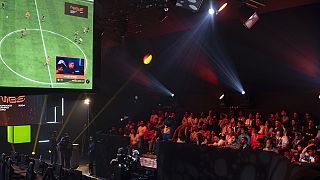
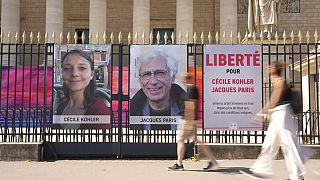
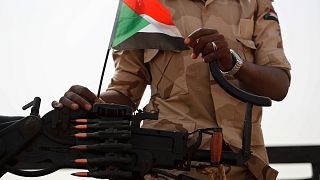
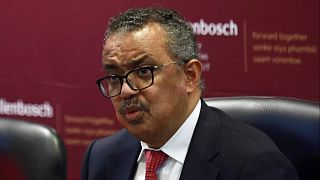
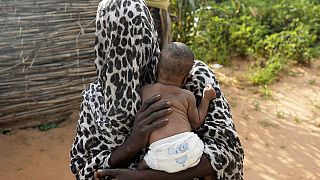



01:49
Sudanese refugees in Chad face deepening humanitarian crisis
00:48
Death toll in Kenyan anti-government protests rises to 16, says rights group
01:02
Heavy police presence in Nairobi ahead of anniversary protests
02:20
Protests in Kenya set to escalate, warns political analyst
01:13
DRC and Rwanda to sign peace agreement on 27 June
01:51
Police shoot man at close range during Kenyan protests